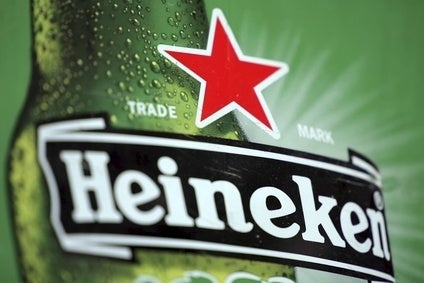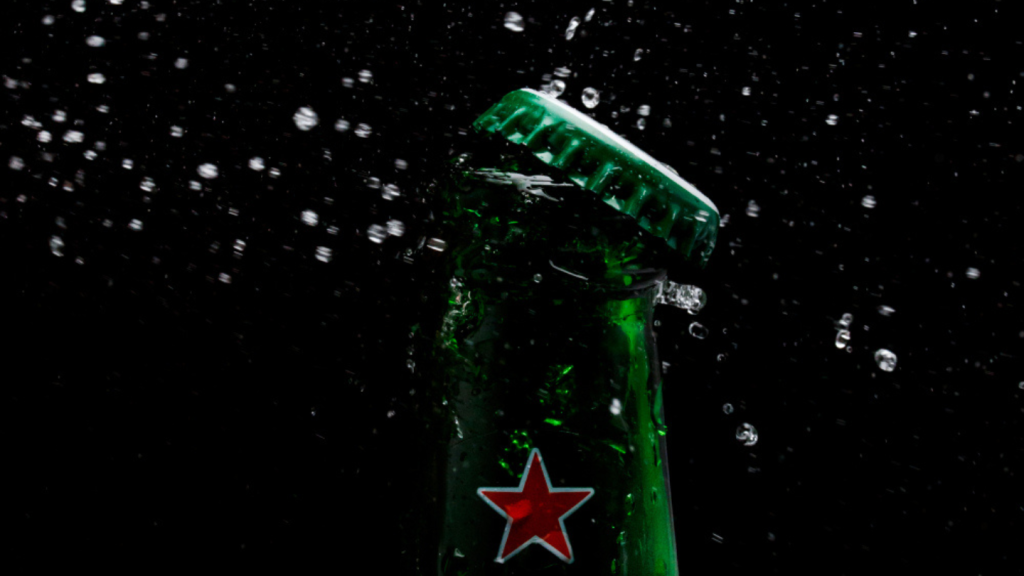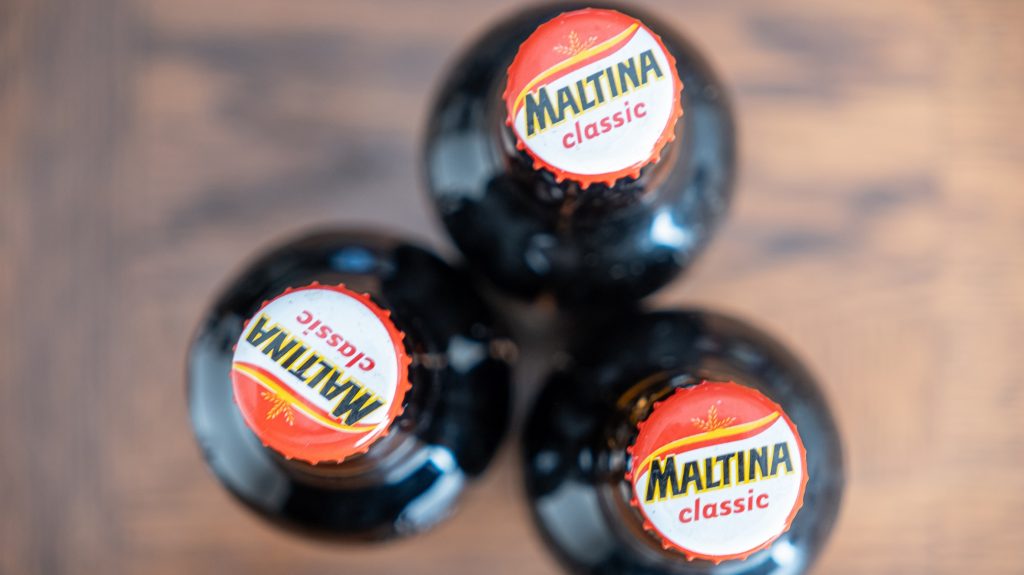
Heineken has roared out of the craft beer blocks with news yesterday it was taking a 50% stake in Lagunitas Brewing Co.
It is the Dutch brewer's first move into craft – outside of some craft pretensions within its Caledonian Brewery in Scotland – and for an opening gambit appears to be a very intelligent play.California-based Lagunitas was founded by Tony Magee in his kitchen in 1993 but has since grown into the fifth-biggest craft brewer in the US. It is viewed as one of the main drivers of the country's beer renaissance, and Magee – with his idiosyncratic blog posts and beers named after drugs raids – one of the industry's most colourful characters.
However, Lagunitas is not merely a grand panjandrum of craft's early days. The company retains plenty of strong potential and, according to Trevor Stirling at Bernstein, is “arguably the fastest growing of the major craft brewers … [with] no sign of a plateauing of growth”.
Heineken says the company is expected to sell about 1m hectolitres of beer this year and had a very attractive sales CAGR of 58% from 2012 to 2014.
Perhaps that's why Heineken dug so deep into its pockets for the stake, which according to a report in Lagunitas's local newspaper yesterday cost it an estimated US$500m, or 20-times EBITDA. On the scale of recent beer mergers, that would put it ahead of anything since at least 1999. In comparison, Heineken paid Fraser & Neave 17.1-times EBITDA for Asia Pacific Breweries in 2012.
Despite the high price, Bernstein's Stirling still believes the deal is good for Heineken, which will cover its own costs “inside an acceptable time-frame”. Meanwhile, Heineken can expand Lagunitas' footprint and allow it to reap the rewards of crafts beer's global rise.
How well do you really know your competitors?
Access the most comprehensive Company Profiles on the market, powered by GlobalData. Save hours of research. Gain competitive edge.

Thank you!
Your download email will arrive shortly
Not ready to buy yet? Download a free sample
We are confident about the unique quality of our Company Profiles. However, we want you to make the most beneficial decision for your business, so we offer a free sample that you can download by submitting the below form
By GlobalDataSee Also:
Lagunitas' gains are more esoteric, though that's mainly down to the aforementioned colourful Magee. In a 1,500 word blog post yesterday (he also put up a 2,200-word post on Tumblr) he said one of the reasons Heineken is the right partner for him is because when CEO Jean-François van Boxmeer first came to Lagunitas's Chicago brewery, he danced with a passing toddler.
Magee sees a kindred brewing spirit in the family-controlled Heineken, a company that has van Boxmeer – a former brewing operations manager as well as a dancer of children – as its leader. This is in contrast to other multinational brewers, which Magee derides as “bankers by any measure”.
What happens next will be interesting. Heineken wants to expand Lagunitas' footprint and, judging from reports, that process will start in Canada and Mexico. However, speaking to just-drinks today, Bernstein's Stirling said Heineken will be keen to bring Magee's beers to Europe, where it has the distribution network it lacks in the US.
Crucially, that lack of a US network means similar craft beer deals in the country are unlikely for Heineken. Whereas Anheuser-Busch InBev can use its US distribution clout to scale up its recent craft acquisitions, Heineken can't. Besides, another 50/50 like the Lagunitas deal would also face problems because potential partners would be competing with Lagunitas, according to Stirling.
“My best guess is you may see another transaction," says Stirling, "but this is not going to be the first of many transactions.”





